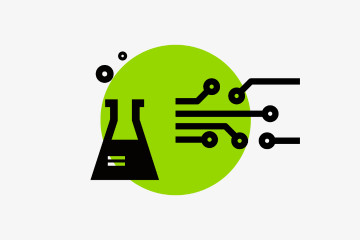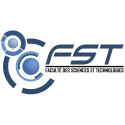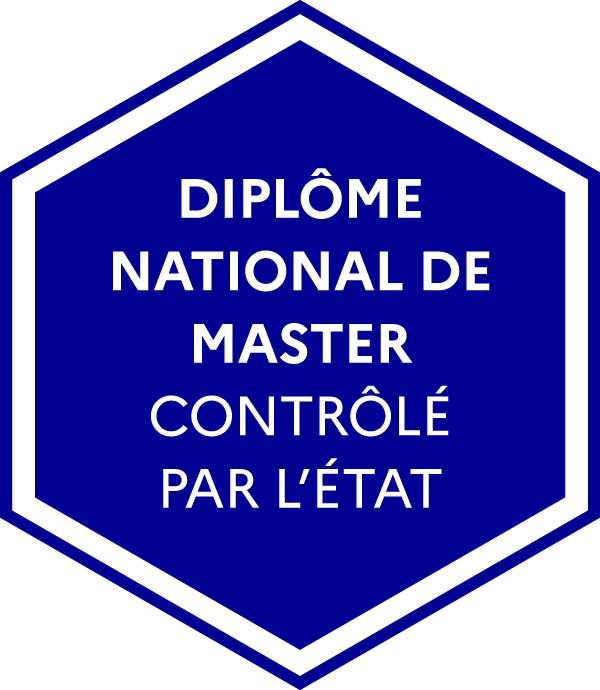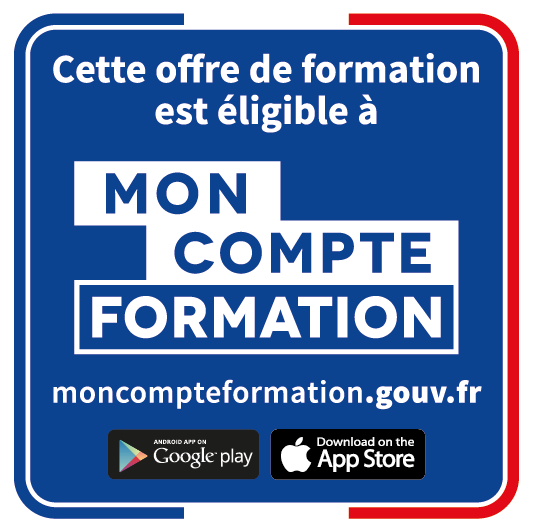European Master of Science in Nuclear Fusion and Engineering Physics
- All Locations : Nancy, France, Marseille, France, Prague 6, Czech Republic, Saclay, France, Leganés, Spain, Community of Madrid, Spain, Stuttgart, Germany, Ghent, Belgium
- All Languages : English
- Duration : 2 years
- Pace : Full-time
- Earliest Start Date : Sep 2020
- Application Deadline : 31 Jan 2020
- Study Type : Campus
- Tuition Fees* : EUR 9 000
*EU students: 4500 EUR per year. Non-EU students: 9000 EUR per year. Students who pay the complete tuition fee are fully insured, and accommodation for the 2 Summer Events, 2 Winter Events and the Joint experimentation and analysis session in Prague a
| Prerequesites | 1st year graduate level, Undergraduate level |
|---|---|
| Localisation | Nancy and surroundings |
| Type of course | Face to face |
| Associated research lab | IJL - Institut Jean Lamour |
| Degree name | Master Physique Parcours-Type Physique des Plasmas et Energie de Fusion |
| Internship | Required |
| Contact(s) | fst-scol-contact@univ-lorraine.fr - 03 72 74 50 00 |
| Schools | Faculté des Sc. et Technologies |
Report sent
Your report has been submitted and will be considered by a moderator.
Your report cannot be sent
Write your review
Review sent
Your comment has been submitted and will be available once approved by a moderator.





Your review appreciation cannot be sent